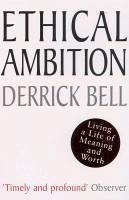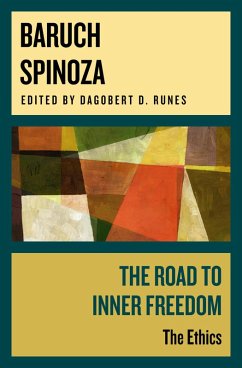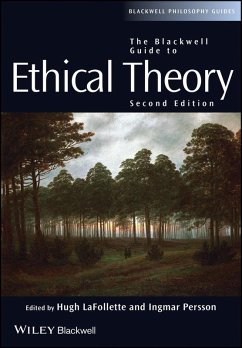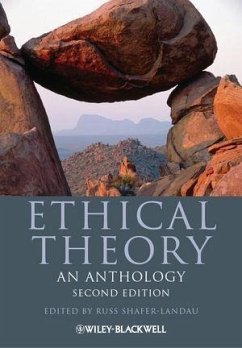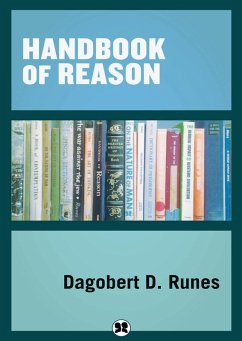
A Handbook of Ethical Theory (eBook, ePUB)

PAYBACK Punkte
0 °P sammeln!
In "A Handbook of Ethical Theory," George Stuart Fullerton presents a comprehensive exploration of ethical frameworks and moral philosophy, meticulously dissecting ideas from utilitarianism to deontological theories. Fullerton's literary style is characterized by clarity and precision, offering readers accessible insights into complex theories while engaging with contemporary ethical dilemmas. Written during a period of robust philosophical inquiry at the turn of the 20th century, this work resonates with the era's intellectual currents, paving the way for modern ethical discourse and reflecti...
In "A Handbook of Ethical Theory," George Stuart Fullerton presents a comprehensive exploration of ethical frameworks and moral philosophy, meticulously dissecting ideas from utilitarianism to deontological theories. Fullerton's literary style is characterized by clarity and precision, offering readers accessible insights into complex theories while engaging with contemporary ethical dilemmas. Written during a period of robust philosophical inquiry at the turn of the 20th century, this work resonates with the era's intellectual currents, paving the way for modern ethical discourse and reflecting the synthesis of classical and emerging theories. George Stuart Fullerton, an eminent philosopher and psychologist, was influenced by his rich academic background and profound interest in moral philosophy. His commitment to bridging psychological insights with philosophical inquiry is evident in his scholarly work. This combination of disciplines informed the perspectives he presents in the handbook, enabling him to approach ethical questions with both rigor and empathy, ultimately aiming to provide a grounding for moral reasoning in a rapidly changing world. "A Handbook of Ethical Theory" is an essential read for scholars, students, and anyone interested in understanding the fundamental questions of morality in an increasingly complex society. Fullerton's meticulous analysis encourages critical thought and ethical reflection, making it not only informative but also transformative for those seeking to grasp the intricacies of ethical thought.
Dieser Download kann aus rechtlichen Gründen nur mit Rechnungsadresse in A, B, BG, CY, CZ, D, DK, EW, E, FIN, F, GR, H, IRL, I, LT, L, LR, M, NL, PL, P, R, S, SLO, SK ausgeliefert werden.






